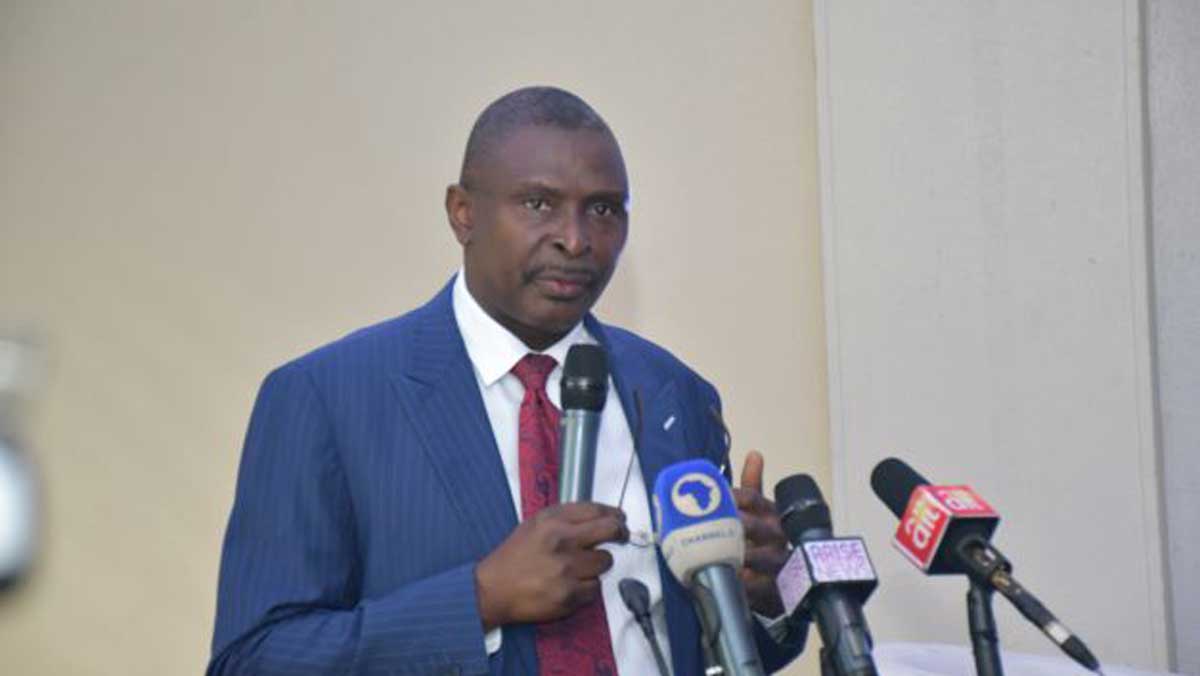
Stakeholders have said to become commercially viable, media owners must invest in news gathering and effectively fund journalists to do good stories.
They also said journalists must not shy away from holding government accountable, as that is one of the ways media could become relevant as the Fourth Estate of the Realm.
This was contained in a communique issued at the end of a media sustainability conference in celebration of the 10th anniversary of the International Centre for Investigative Reporting (ICIR) held at Transcorp Hilton, Abuja, on Wednesday, June 22, 2022.
Signed by Executive Director, ICIR, Dayo Aiyetan, the communique notes: “Editors and media owners should become crusaders for media freedom, and this starts by reassuring journalists that the integrity of the media will never be allowed to be tampered with.”
The panellist noted that building a sustainable media business is associated with being purpose-driven. Therefore, media organisations, like other business concerns, must clearly define their purposes, from which they must come up with definite strategies for growth, development and sustainability models.
“Naturally, media organisations should be change agents in the society. Therefore, media platforms must establish themselves as being relevant to the development of the society, else they will not attract patronage.
“Media organisations must deliberately ensure that their staff are competent and be able to deliver on the jobs in the best standard. Media organisations must emphasise excellence, openness, integrity, transparency, accountability, and must invest in exclusive and investigative contents to survive in the hostile business environment.”
Other resolutions of the conference include: “The independence of the media must be held sacrosanct, most importantly by editors and media owners. African media owners and editors must stay vigilant and ensure that the voice of the media is not stifled.
“The media, in view of sustainability discourse, needs to explore new content generation opportunities and must be ready to diversify into areas where they have core competence, by coming up with products like music, movies, documentaries as well as other educational and entertainment concepts.
“The media needs to leverage the power of collaboration. At tables where conversations on global investigations e.g Wikileaks, Panama Papers and so on happen, African media must collaborate and ensure it is ably represented. African media must not be seen as purchaser of global content but must take its place as generator of global content.
“In thinking about media sustainability, African media must transit beyond news generation into knowledge generation, as part of its drive for diversification and sustainability.”
“The media should engage with regulators on the need to re-evaluate the punitive approach to regulations. It is believed that a closer working relationship with regulators is important, while encouraging them to see the media as partners-in-progress.
“To improve the business environment and enable the media to thrive, the media must draw the attention of government to the challenges of infrastructure deficit, like lack of electricity, insecurity apparatus, and bad road network, etc, to ensure they are addressed.”
Participants at the conference were drawn from diverse sectors in Nigeria.



